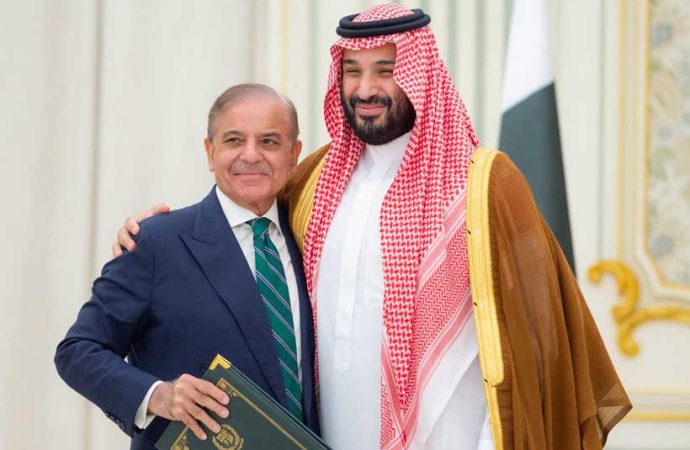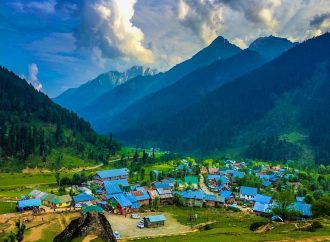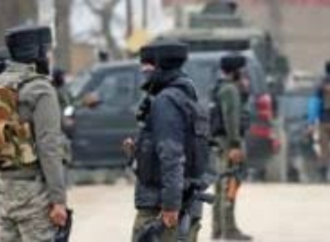Pakistan’s Defence Minister Khawaja Asif has said that Saudi Arabia will stand with Pakistan if war breaks out with India, under the mutual defence agreement signed between the two nations this week. Speaking to Geo TV, Mr. Asif compared the deal to NATO’s Article 5, which treats an attack on one member as an attack
Pakistan’s Defence Minister Khawaja Asif has said that Saudi Arabia will stand with Pakistan if war breaks out with India, under the mutual defence agreement signed between the two nations this week.
Speaking to Geo TV, Mr. Asif compared the deal to NATO’s Article 5, which treats an attack on one member as an attack on all.
A Pact of Collective Defence
The minister clarified the agreement is defensive, not offensive, stressing that its purpose is to respond to aggression rather than launch attacks.
“If there is aggression, whether against Saudi Arabia or Pakistan, we will jointly defend against it,” Asif said.
He reiterated that Pakistan has no intention of using this pact for aggression, but if either partner faces a threat, the arrangement will immediately take effect.
Pakistan’s Nuclear Capability in the Spotlight
Mr. Asif also confirmed that Pakistan’s nuclear weapons could be made available to Saudi Arabia if required, though the country’s stated nuclear doctrine specifies their use primarily against India.
Pakistan is estimated to possess 100–120 nuclear warheads.
“Our capabilities will absolutely be available under this pact,” the minister told Reuters, while highlighting that Pakistan has always allowed inspections of its facilities and never breached international obligations.
A senior Saudi official backed this view, describing the pact as “a comprehensive defensive agreement that encompasses all military means.”
Key Clause of the Agreement
The defence agreement, signed during Prime Minister Shehbaz Sharif’s visit to Riyadh, states:
“Any aggression against either country shall be considered an aggression against both.”
This clause effectively commits Saudi Arabia and Pakistan to joint military defence in case of external threats.
India’s Response
The Indian government reacted cautiously, saying the deal “formalises a long-standing arrangement between the two countries” and that New Delhi is closely examining its implications.
Regional Impact: Saudi Money Meets Pakistan’s Nuclear Shield
Analysts say the pact is a strategic win for both nations:
-
Pakistan gains financial strength and a stronger position in West Asia.
-
Saudi Arabia secures access to a potential nuclear shield.
The agreement also reshapes the regional security balance, putting pressure on Iran and Israel — the latter being the only Middle Eastern country with nuclear capability until now.
Possible Arab Alliance
When asked about a larger Arab defence alliance, Asif said the “doors are not closed.”
“It is the right of the countries and the people here, especially the Muslim population, to defend their region together,” he said.
Key Takeaways
-
Pakistan-Saudi defence pact ensures joint response to any aggression.
-
Pakistan confirms nuclear weapons could support Saudi Arabia if needed.
-
India monitoring developments closely for regional security implications.
-
Analysts call the deal a game-changer for West Asian geopolitics.






















Leave a Comment
Your email address will not be published. Required fields are marked with *